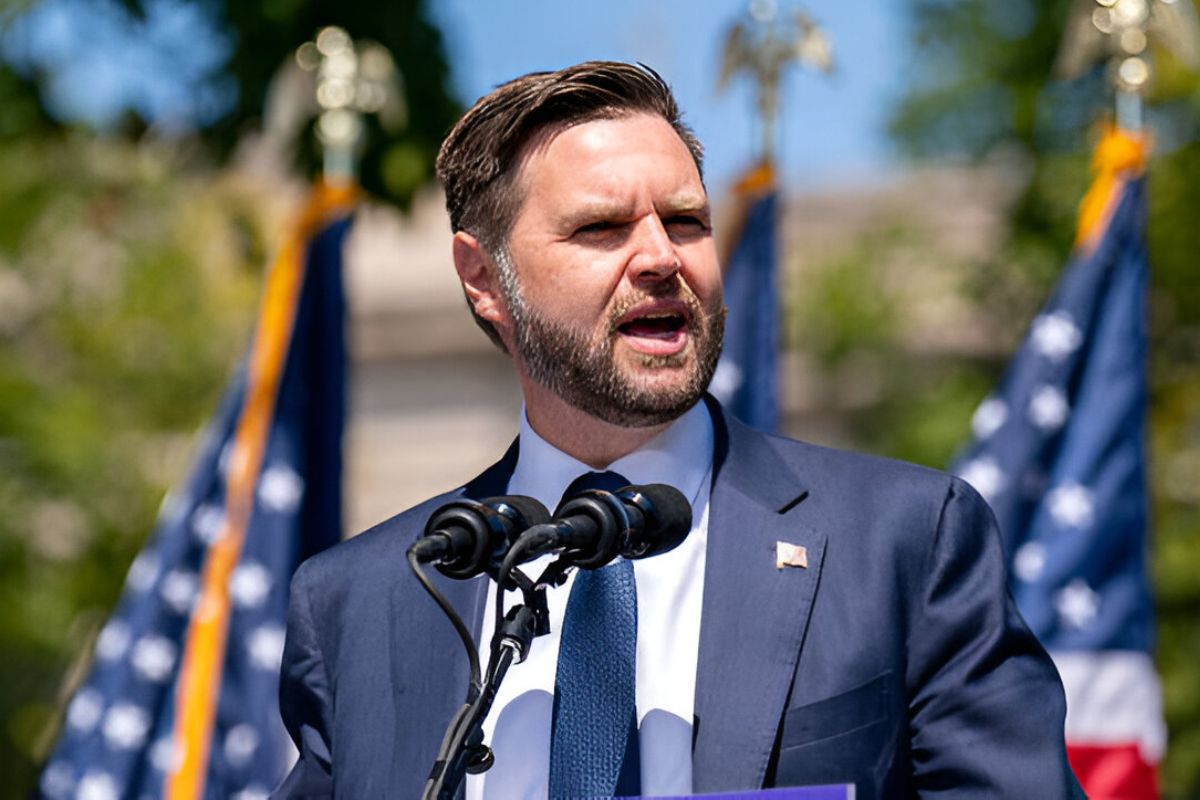In an era of rapid change – from digital disruption and globalization to social and environmental crises – effective leaders must blend timeless virtues with new skills. Good leadership still depends on vision, integrity and decisiveness, but today’s leaders also prioritize adaptability, empathy and purpose beyond profit. As one World Economic Forum report notes, “globalisation and technological innovation [are] rapidly changing the workplace” – making adaptability and open-mindedness more important than ever. Leaders who embrace continuous learning and humility (acknowledging they don’t have all the answers) are better able to convene diverse teams, forge consensus, and inspire others to tackle complex challenges. Forbes contributors also emphasize that modern leaders must tell compelling stories and align with values – inspiring teams with a clear vision that connects their work to a higher purpose.
Key Qualities of Modern Leaders
Effective leaders share a set of core qualities that guide their teams through uncertainty. Some of the most-cited include:
-
-
Empathy and Emotional Intelligence: Empathetic leaders listen actively and build trust, creating a workplace where people feel valued. Research shows that when employees believe their managers are empathetic, they report better well-being, lower burnout and more creativity. Far from being “soft,” empathy is now regarded as a “workplace superpower” – it boosts engagement and innovation by making people feel understood. As one Forbes article notes, even in a data-driven age, “leaders who cultivate empathy … hold the key to effective mentorship and motivation in their teams”.
-
Adaptability and Agility: Today’s environment is volatile – from pandemics and climate shifts to AI disruptions – so leaders must pivot quickly. They develop a “lifelong learning” mindset and are willing to change course as needed. For example, IMD researchers highlight that adaptability was identified as “one of the most important leadership skills” for 2024 and beyond. Leaders who thrive let go of rigid plans, experiment, and update their strategies iteratively. They also role-model resilience: maintaining optimism and clear purpose even when goals need adjustment.
-
Vision and Purpose: Beyond short-term targets, outstanding leaders articulate a compelling mission. They think long-term and connect their teams’ work to a broader why. As McKinsey reports and Forbes echoes, modern leaders must be storytellers – painting a narrative of success that aligns business goals with values. World Economic Forum experts argue that 21st-century leadership “has a sense of purpose” that goes beyond the bottom line, aiming to improve lives and the planet. Many organizations now expect leaders to champion sustainability and social goals; indeed, thought leaders encourage a “triple bottom line” approach – balancing People, Planet and Profit.
-
Integrity and Trust: Trustworthiness, transparency and ethics underpin all modern leadership. Good leaders set high standards of honesty and accountability, delegating effectively and owning outcomes. Research on employee engagement shows that people perform best when they trust their leaders and feel included in decision-making. (For instance, teams with high engagement exhibit up to 21% higher productivity, a direct payoff of strong leadership relationships.)
-
Collaboration and Communication: Effective leaders are excellent communicators and collaborators. They build genuine, trust-based relationships with their teams, listen more than they speak, and create psychological safety. In practice, today’s leaders “lead from the center, not the top” – fostering open dialogue, giving credit to others, and working side-by-side with their teams. As Quartz reports, tech CEOs like Satya Nadella and Sundar Pichai exemplify this new style: both are described as “listeners first” and “team players” who foster a compassionate, non-combative culture.
-
Essential Skills for 21st-Century Leadership
In addition to qualities, good leaders cultivate specific skills to navigate modern work:
-
-
Digital and Data Fluency: Leaders today must understand technology – especially AI and data analytics – at a strategic level. Forbes highlights “AI fluency” as one of the top leadership skills for 2025 This means knowing enough about digital tools to ask the right questions: analyzing data-driven insights, overseeing automation, and guiding teams in ethical AI use. A recent report urges leaders to “develop their digital competencies, foster a culture of continuous learning and embrace data-driven decision making”. Those who master these skills can make more informed choices under pressure and keep their organizations competitive.
-
Strategic Decision-Making: Modern leaders are bombarded with information and uncertainty. They must quickly evaluate complex scenarios (sometimes with incomplete data) and choose a path forward. This requires critical thinking, but also sound judgment honed by experience. Experts say leaders in 2025 will be scenario planners and cultural anchors, communicating honestly about challenges while charting a pragmatic course. They balance short-term action with long-term vision, and they rally diverse stakeholders around a common strategy.
-
Global and Cultural Intelligence: In a globalized world, leaders often manage teams across countries and cultures. Effective leaders are culturally aware and inclusive: they seek out diverse perspectives and adapt their style to different contexts. For example, a leader may need to negotiate with international partners, or mentor younger Gen Z employees who value authenticity and flexibility. As one expert notes, true global leadership requires “generational intelligence” – understanding varying motivations and communication styles across ages. By valuing diverse input, inclusive leaders foster innovation and ensure no good idea is overlooked.
-
Relationship-Building and Motivation: IMD’s research emphasizes that relationship-building is foundational: leaders invest in people to drive engagement. They know that highly engaged teams – built on trust and mutual respect – achieve significantly better outcomes. This means giving regular feedback, recognizing contributions, and connecting work to individual aspirations. Motivating and empowering team members – rather than commanding them – becomes a key leadership tool in today’s workplace.
-
The Impact of Technology and Globalization
Technology and globalization have transformed the leadership landscape. Digital tools enable collaboration across time zones and cultures, but they also raise new challenges. Leaders must be comfortable with remote and hybrid models: for example, one survey found 68% of employees feel a lack of leadership visibility when working remotely. To bridge that gap, leaders refine their “digital body language” – using video, chat and collaboration platforms intentionally – and establish clear goals and feedback loops. They also leverage data and AI to inform strategy: as one HR blog notes, digital-age leadership means “adopting a data-driven mindset, building AI-ready teams, and integrating AI to gain strategic advantages”.
Meanwhile, globalization requires leaders to think beyond local markets. They must navigate cross-border complexities – like trade shifts or global supply chains – and build global networks. Engaging with multinational teams demands sensitivity to cultural norms and multilingual communication. Leaders who succeed are those who combine a local touch (empathy, personal relationships) with a global perspective (awareness of international trends and markets). In practice, this means staying curious about world events, collaborating with diverse experts, and being open to ideas “wherever and whomever they come from”.
Social Responsibility and Cultural Shifts
In today’s socially conscious climate, good leaders also prioritize ethical and inclusive practices. Stakeholders increasingly expect leaders to go beyond profit—to contribute positively to society and the environment. Many organizations now embed sustainability and social impact into their missions. For example, World Economic Forum authors stress that modern leadership “has a sense of purpose” and commits to improving lives and restoring the planet. This often takes the form of “triple bottom line” thinking – valuing people, planet and profit together. CEOs like Richard Ettl of SkyCell explicitly align vision and values, making climate-conscious purpose “the reason why the company or organization is doing something.
Inclusivity is another key cultural shift. Today’s leaders actively champion diversity – whether by gender, race, age or ability – and create equitable environments. “Compassionate leadership,” as one entrepreneur puts it, prioritizes empathy and collaboration so that “everyone should win”. Leaders like Ashish Thakkar advocate “shared leadership with love,” inviting all voices into decision-making. Initiatives range from mentorship and anti-bias training to rethinking promotion processes so underrepresented employees can thrive. For example, female founders report success by preparing women for leadership (raising visibility and skills) before promotion offers, boosting acceptance rate. In short, modern leaders empower others rather than relying on top-down authority: Shani Senbetta describes her approach as “empowerment, not charity,” equipping rural women with tools to run their own businesses.
Ultimately, these social and cultural changes reinforce the human side of leadership. Whether it’s advocating for mental health, equity or sustainability, good leaders today use their platform to inspire positive change – both within their organizations and in society at large. As McKinsey experts conclude, when leaders prioritize empathy and purpose, it pays off: teams are healthier, more engaged and more innovative.
Modern Examples and Trends
Current leaders in business and politics illustrate these principles. Tech executives like Satya Nadella at Microsoft have earned praise for “compassion-first” leadership: he emphasizes empathy and open communication to transform company culture. Sundar Pichai of Google and Tim Cook at Apple similarly project humility and a team-oriented style, reinforcing that even global giants value people-centric management. Outside tech, figures such as European Commission President Ursula von der Leyen have led with transparency and inclusivity, while activists like Greta Thunberg and Malala Yousafzai embody purpose-driven leadership on climate and education.
Looking ahead, experts point to several emerging trends. Agile leadership – which values rapid learning and employee well-being – is on the rise. Ignoring workforce mental health or forcing rigid office mandates is increasingly seen as outdated. Instead, leaders who trust their teams, embrace flexible work and focus on long-term resilience are predicted to succeed. Organizations are also reinventing leadership development: many now use peer learning, micro-certifications and continuous coaching to build skills for this new era.








